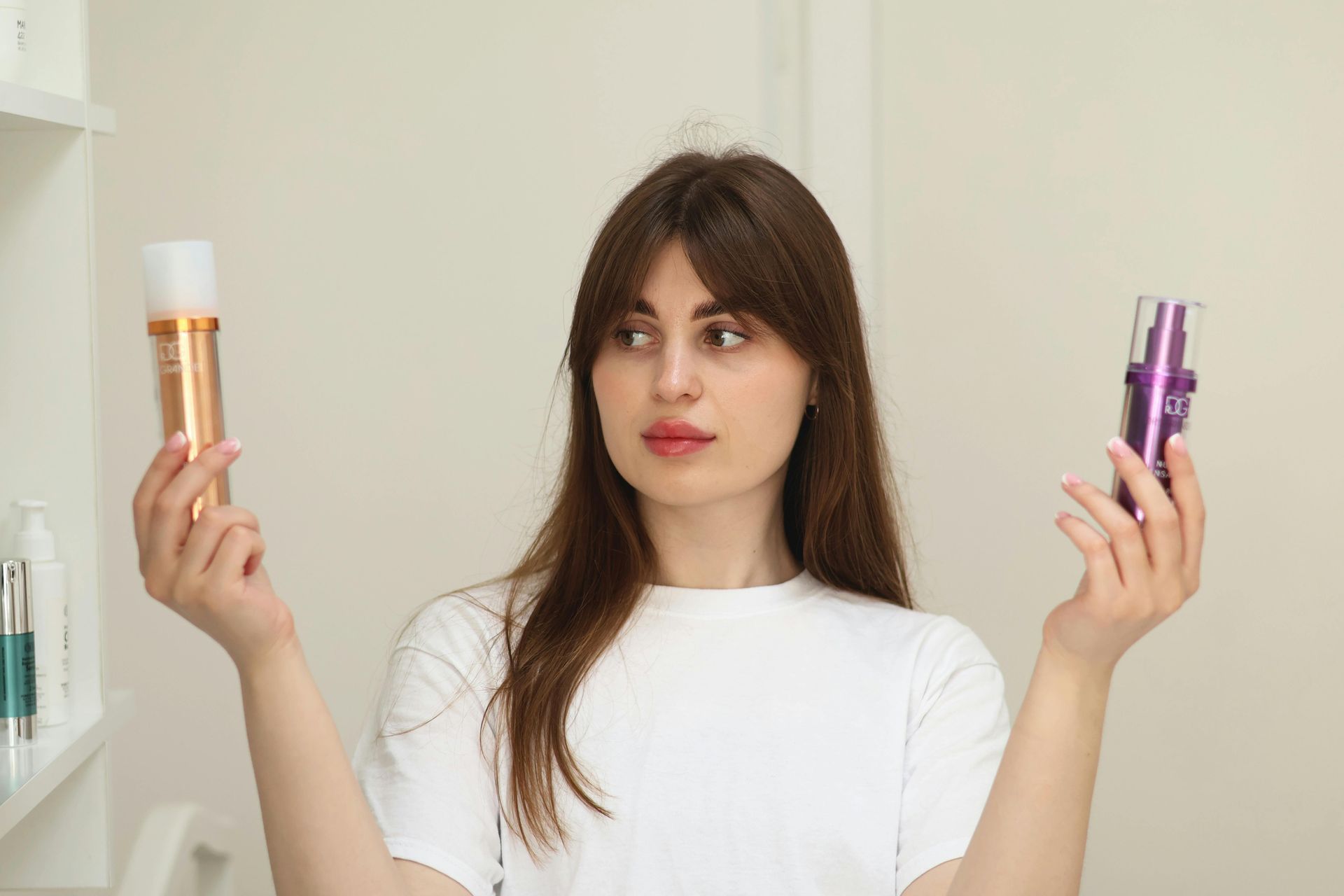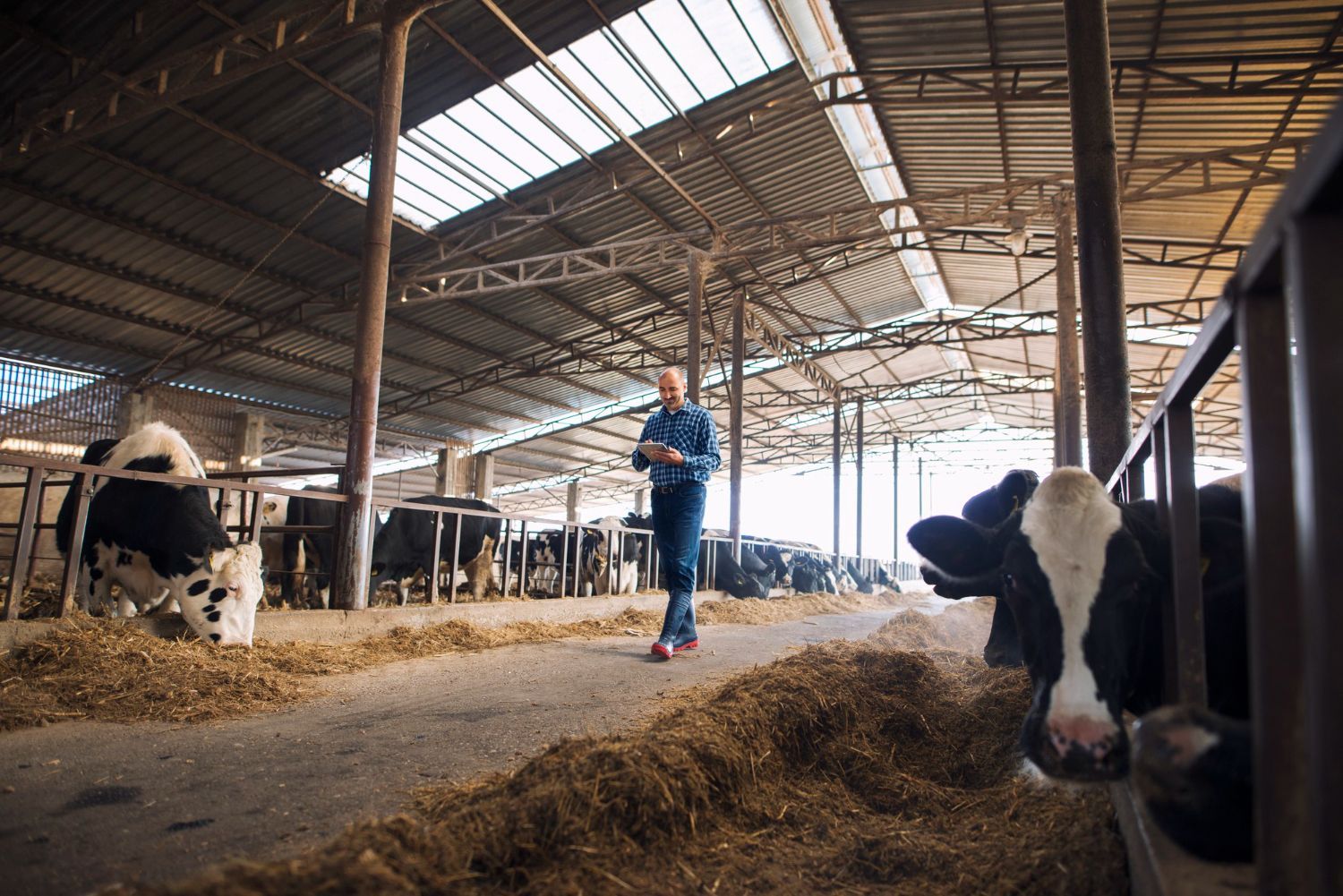The beverage industry in Australia is experiencing a renaissance of sorts, propelled by shifts in consumer preferences toward health, sustainability, and innovation. As we navigate through 2024, the challenges of rapid market expansion and evolving consumer expectations present a unique set of challenges for executive recruitment in this vibrant sector.
Addressing the Unique Hiring Challenges in Australia's Beverage Industry
Navigating Growth and Innovation
The International Food Information Council (IFIC) forecasts that 2024 will spotlight functional beverages, with a significant uptick in botanicals and products supporting emotional wellbeing. With 74% of Americans, and a similar trend observed in Australians, believing in the substantial impact of food and beverages on their mental and emotional wellbeing, the Australian beverage industry is at the forefront of integrating these insights into product innovation.
Regulatory and Quality Assurance Expertise
With organic beverages becoming increasingly popular due to their health benefits and lack of synthetic additives, executives in this space must possess not just a cursory understanding of organic certification and regulatory compliance but a deep, actionable knowledge to ensure product quality and authenticity. For employers, especially small to mid-sized brands or start-ups, the imperative of attracting and enticing executives with this blend of expertise, particularly those from the market leaders is critical.
Health and Sustainability Focus
Beyond the necessity of innovative products that meet strict regulatory and quality controls, the consumer shift towards products that align with health consciousness and environmental sustainability is fast becoming a movement. Anticipating and meeting the demands of more health-focused and environmentally conscientious consumers requires leaders who not only understand but are passionate about driving forward these values in product development and company ethos.
Strategic Product Development and Market Demands
The demand for eco-friendly packaging and premium, diverse organic beverage offerings is shaping strategic product development within the industry. Executives must be able to navigate these demands, understanding the nuances of market trends and consumer expectations. Yet for brands seeking to appoint senior management and executive leadership, the talent pool of industry professionals anticipating and responding to these emerging consumer preferences by innovatively developing quality, healthy product lines that satisfy regulatory controls in a way that is sustainable and environmentally friendly is small. So how do beverage brands ensure their executive leadership teams are equipped to steer this rapidly changing terrain?
The Impact on Executive-Level Talent Attraction
The unique challenges presented by the beverage industry's focus on health, sustainability, and regulatory compliance impact the talent attraction process significantly. According to LinkedIn’s January 2024 Jobs on the Rise report, 76% of Australians are considering a new role, indicating a volatile employment market ripe with opportunities but also challenges in retaining and attracting executive-level talent.
This volatility extends to the recruitment landscape for executive talent in Australia's beverage industry, making it more competitive and complex than ever, particularly in the wake of market stabilisation. With an overwhelming majority of Australians open to new opportunities, such market dynamics are not necessarily favourable for attracting the right talent so the imperative for beverage companies to differentiate themselves cannot be overstated. The allure of traditional compensation is also waning in favour of roles offering a synthesis of personal life values, purposeful work and inclusivity. In this context, executive search firms stand out as pivotal allies for businesses aiming to navigate the intricate demands of consumer preferences, digital innovation, regulatory compliance, and sustainability.
Internal Hiring vs. Engaging an Executive Search Firm
The Cost-Benefit Analysis of Each Approach
Given the complex landscape, businesses must conduct a thorough cost-benefit analysis when deciding between internal recruitment and engaging an executive search firm. While internal promotions can boost morale and reduce onboarding times, they may lack the specific skill sets required to navigate the industry's unique challenges.
Executive search firms bring a bespoke approach to talent acquisition, which is particularly advantageous in the fast-evolving beverage industry. These firms excel in reaching passive candidates—high-calibre professionals who are not actively seeking new roles but could be the perfect fit for your organisation's strategic goals. The expertise and broad networks of these firms allow them to identify and attract talent that remains invisible to internal HR teams' conventional recruitment strategies.
Expertise, Resources, and Strategic Importance
Deciding whether to search internally or externally for executive talent depends largely on the organisation's existing resources, networks, and the strategic importance of the role. The current market condition, highlighted by a tight labour market with unemployment below 4% and high competition for skilled leaders, underscores the need for a strategic approach to executive-level recruitment.
The Case for Executive Search Firms in the Beverage Industry
Today's beverage market is characterised by a rapid shift towards functional beverages, botanicals, and products designed to enhance well-being. Meeting these nuanced consumer preferences requires leaders who not only understand market trends but can also anticipate and innovate ahead of them. Executive search firms specialise in identifying individuals with a proven track record of such foresight and innovation, going beyond traditional metrics to assess a candidate's potential to drive growth and adaptation in an ever-changing market landscape.
Specialist executive search firms benefit from deep market insights and extensive networks and can offer significant advantages, especially when looking for executive candidates with specific skills in regulatory compliance, sustainability practices, and innovation in the beverage industry. Executive search firms excel in finding candidates with these niche skills, offering businesses a strategic advantage. These firms can navigate the competitive landscape effectively, presenting a compelling narrative to potential candidates about your company's vision, values, and strategic objectives.
Driving Innovation: Best Practices from Industry Leaders
Innovative leaders in Australia's beverage industry are setting the pace, leveraging technology, and prioritising sustainability and health. But innovation isn’t just about new products. The digital transformation sweeping across industries presents both challenges and opportunities for the beverage sector. From leveraging AI for product development to harnessing data analytics for consumer insights, the need for digital literacy at the executive level has never been more critical. Executive search firms can pinpoint leaders with the necessary digital acumen, ensuring that your company not only stays competitive but also leads in the adoption of new technologies. The key to their success lies in a clear vision, strategic agility, and a commitment to fostering a culture that embraces change and innovation.
Rethinking Executive Search and Talent Acquisition
The executive search and talent acquisition process in Australia's beverage industry often requires a nuanced, strategic approach that aligns with the beverage sector's unique challenges and opportunities. By understanding the aspirations of executive candidates in 2024, focusing on work-life integration, purpose-driven roles, and the importance of technology and innovation, organisations can build a stronger, more resilient leadership team capable of navigating the complexities of the modern market.
As we look to the future, it's clear that the beverage industry in Australia will continue to evolve, driven by consumer demands for health, sustainability, and innovation. By carefully considering the approach to executive recruitment, whether through internal channels or by partnering with an executive search firm, businesses can ensure they are well-positioned to meet the challenges of today and seize the opportunities of tomorrow.


